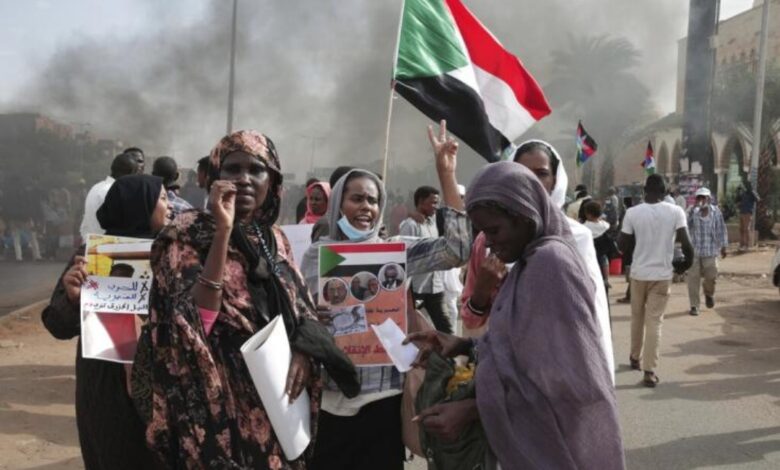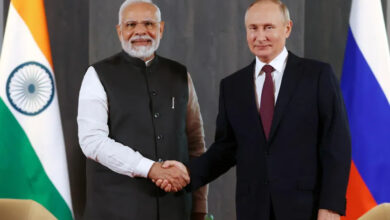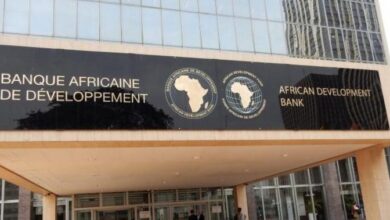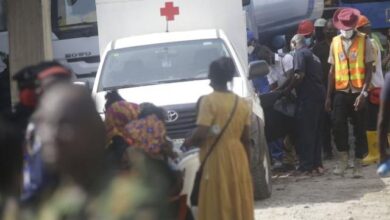The Civil War in Sudan: Causes and Perspectives?

Jawad KERDOUDI – President of the IMRI
While global media devote substantial coverage to the wars in Ukraine and the Middle East, there is scant attention given to the brutal and destructive conflict in Sudan. To understand the current situation in Sudan, we must reflect on the contemporary history of this country located in Northeast Africa, spanning 1.8 million square kilometers and home to a population of 43.1 million residents.
In 1820, Sudan was dominated by the Turks and Egyptians, with a North-South axis for the slave trade. By the 19th century, Sudan was fully conquered by Egypt under Muhammad Ali. In 1899, Sudan became Anglo-Egyptian, and following the Egyptian Revolution of 1952, it gained independence in 1956. In 1969, military officer Gaafar Nimeiry staged a coup d’état and governed Sudan until 1985 with a blend of Arab nationalism and socialism. He established an Islamic regime, even as the southern regions of Sudan were predominantly inhabited by Christians and Animists. From 1989 to 2019, following a military coup, the dictator Omar al-Bashir ruled the country with an iron fist. This led to a civil war between the Islamist National Front in the North and the Sudan People’s Liberation Army in the South, culminating in South Sudan’s independence in 2011.
On April 11, 2019, a military coup elevating General Awad Ibn Auf, a key figure during Omar al-Bashir’s regime, took place. He was replaced the following day, April 12, by General Abdel Fattah al-Burhan, who served as Inspector General of the Sudanese army. Al-Burhan assumed the presidency of both the Transitional Military Council and the Sovereignty Council, supported in these roles by General Mohamed Hamdan Dogolo, who commanded the Arab militias of Darfur and later headed the paramilitary units that became known as the Rapid Support Forces (RSF) in 2013.
On April 15, 2023, the RSF launched attacks on military bases, particularly in Darfur and across the nation, under the command of General Dogolo. He claimed to have seized control of the Presidential Palace, Khartoum International Airport, and the Jebel Aulia Air Base. At Khartoum Airport, RSF militias set fire to civilian aircraft, including a Saudi Airlines plane. In response, the Sudanese Air Force, commanded by Al-Burhan, conducted airstrikes in Khartoum targeting RSF positions. Additionally, General Dogolo was dismissed from his position as Vice President of the Transitional Sovereignty Council on May 19, 2023. He was also accused of systematic atrocities against the Sudanese people, including the murder of young boys and targeted violence against women based on their ethnic background. The strength of Al-Burhan’s armed forces is estimated between 110,000 and 120,000 men, while Dogolo’s RSF numbers between 70,000 and 150,000. To date, human losses are estimated between 20,000 and 50,000 dead, over 33,000 injured, and 2.1 million refugees, including 800,000 in Chad, alongside 10 million displaced persons. Furthermore, the humanitarian crisis is escalating with famine affecting between 25 and 45 million people lacking food and clean drinking water.
On Friday, March 21, 2025, the Sudanese army regained control of the Presidential Palace in Khartoum, held by the RSF for the past two years. In retaliation, the RSF launched a drone attack on the building, killing three journalists and several military personnel. In recent weeks, the regular Sudanese army has made advances against the RSF, who have controlled much of Western Sudan since the onset of the war and are seeking to bolster their hold over Darfur. The RSF continues to maintain positions in Khartoum and its twin city of Omdurman, on the opposite side of the White Nile. General Al-Burhan has asserted that there will be no negotiations with the RSF paramilitaries until they withdraw and disarm.
In conclusion, it is disheartening to witness two Muslim generals from the same country fiercely fighting to gain power, resulting in thousands of deaths and injuries, alongside a grave humanitarian crisis. All attempts by the UN, Arab nations, and the United States have failed to secure a ceasefire. It is essential to remember that the UN was established in 1945 to preserve global peace. A thorough reform of this organization is necessary to provide the legal and military means to enforce peace whenever armed conflict erupts anywhere in the world. Sudan has experienced three military coups in fifty years, which could have been avoided had it embraced a democratic regime and robust institutions founded on a constitution ratified by the people. To achieve this, it is crucial to enhance public education and the quality of teaching from early childhood. Additionally, international and regional organizations must refuse to recognize any regime resulting from a military coup and isolate it completely (as is currently the case with the African Union). The final lesson to be drawn from this civil war in Sudan is to never tolerate an armed militia operating within the country outside of the national armed forces (as seen in Lebanon with Hezbollah). The civil war in Sudan is not yet over, and efforts must be intensified to establish a lasting peace.






